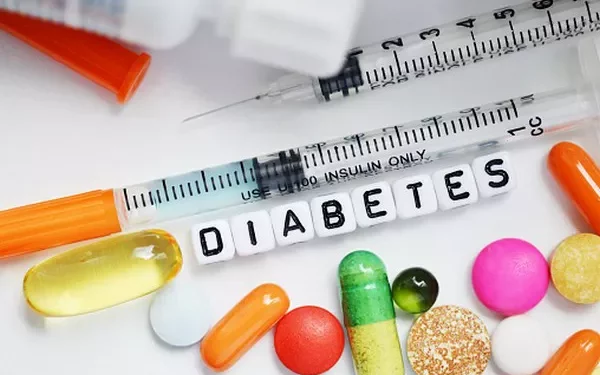A recent study published in BMC Nutrition has highlighted the potential benefits of vitamin C from fresh fruits and vegetables in reducing the risk of cardiovascular disease (CVD) in individuals with type 2 diabetes (T2D). The research suggests that a diet rich in natural sources of vitamin C may offer better heart disease protection than synthetic supplements.
The study, conducted by Italian researchers, analyzed 200 adult T2D patients and found a clear association between low vitamin C levels and an increased prevalence of CVD. Notably, participants who consumed fewer servings of fresh fruits and vegetables exhibited significantly lower vitamin C concentrations and higher CVD risk.
Study Overview and Findings
Researchers conducted a cross-sectional study between September 2022 and March 2023. The study excluded patients who had been using vitamin C supplements or had specific medical conditions such as pernicious anemia or autoimmune diseases. The findings revealed that 12.2% of the patients had severe vitamin C deficiency (below 20 µmol/L), which was linked to poor heart health.
Men in the study had lower vitamin C levels compared to women, although the deficiency rates were similar across both genders, suggesting that sex-specific factors might influence vitamin C levels.
Vitamin C’s Role in Cardiovascular Health
Vitamin C is known for its antioxidant properties, which can reduce oxidative stress—a key contributor to CVD risk, particularly in individuals with diabetes. The study confirmed that vitamin C concentrations were inversely related to the prevalence of CVD, meaning lower vitamin C levels were associated with higher rates of heart disease.
Participants who consumed more fresh fruits and vegetables had significantly higher vitamin C levels. Those eating three or more servings of fruits and vegetables daily had the highest observed vitamin C concentrations. This finding supports the idea that dietary sources of vitamin C, rather than supplements, may provide a more reliable means of preventing CVD in T2D patients.
The Importance of Diet in Diabetes Management
The study emphasizes the importance of dietary interventions in managing T2D and preventing heart disease. It also challenges the assumption that vitamin C supplements are the best approach for improving cardiovascular health in diabetic individuals. While supplements have shown some benefits in reducing oxidative stress, they do not appear to have the same protective effect on CVD outcomes as consuming vitamin C through whole foods.
Conclusion
This research strengthens the case for prioritizing fresh fruits and vegetables as a part of a healthy diet for type 2 diabetes patients, particularly for those at risk of cardiovascular disease. The study suggests that obtaining vitamin C from natural food sources may be more effective in reducing heart disease risk compared to supplementation, underlining the critical role of diet in managing chronic health conditions.
Related topics:
Are Emulsifiers in Your Food Putting Your Health at Risk?
The Diabetes-Alzheimer’s Connection: A New Frontier in Brain Health
NYC and Baltimore Scientists Awarded Grants for Cardiovascular and Diabetes Research

























